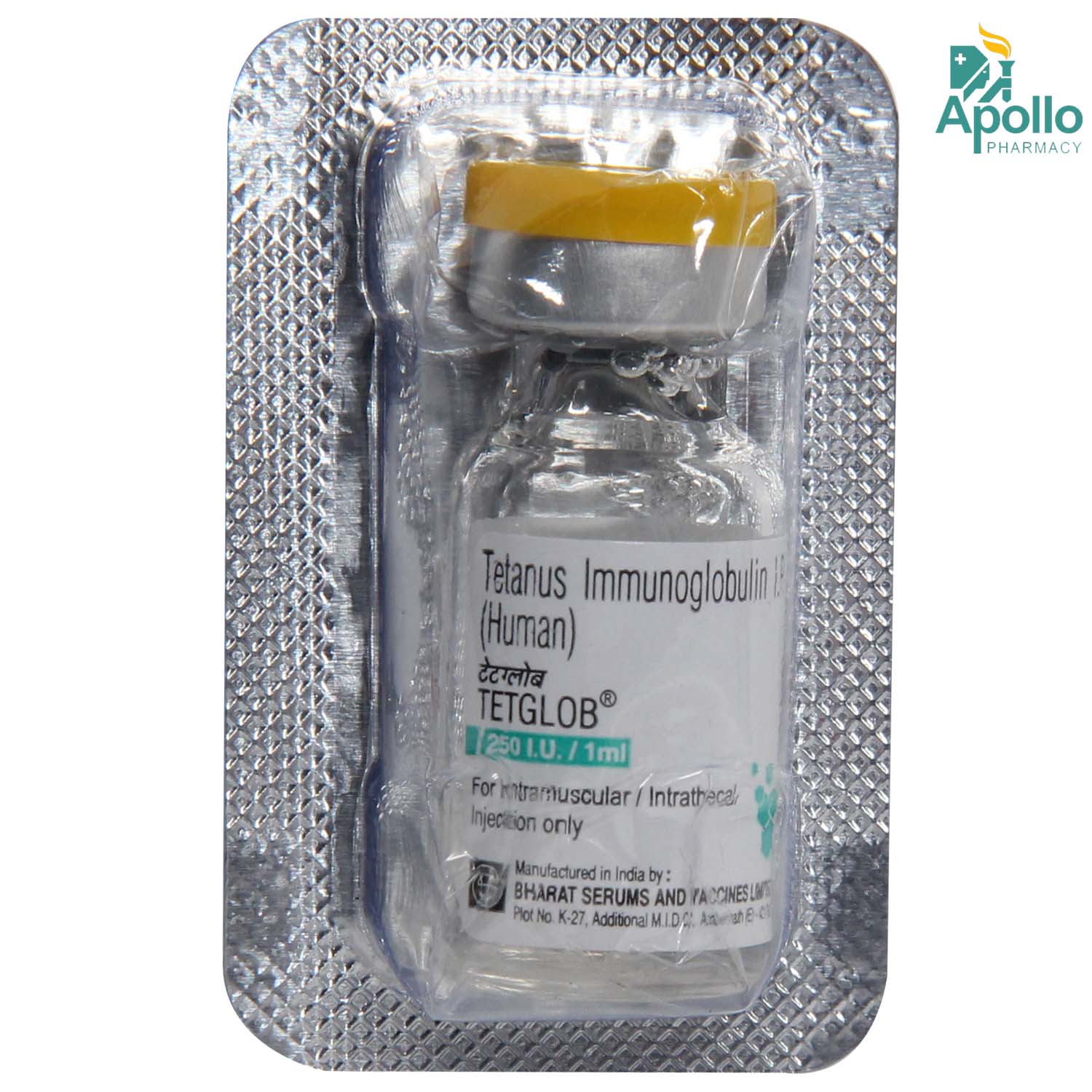Antithymocyte Immunoglobulin
About Antithymocyte Immunoglobulin
Antithymocyte Immunoglobulin belongs to the group of medicines called immunosuppressants indicated for the prevention and treatment of acute rejection in patients receiving a kidney transplant. It may also be used to treat aplastic anaemia in patients unsuitable for bone marrow transplantation.
Antithymocyte Immunoglobulin contains antithymocyte immunoglobulin, which works by preventing the white blood cells within the immune system that are likely to attack the transplanted kidney. It helps to stop the body's immune system from rejecting the new kidney.
In some cases, Antithymocyte Immunoglobulin may cause side effects such as fever, chills, low white blood cell count, low platelet count, blood clotting problems, and skin rash. Do not be reluctant to talk with your doctor if any of the side effects persist or worsen.
Let the doctor know if you are allergic to any of the components in Antithymocyte Immunoglobulin. Consult the doctor Antithymocyte Immunoglobulin if you are pregnant. Avoid breastfeeding during treatment. Keep the doctor informed about your health condition and medications to rule out any side effects/interactions.
Uses of Antithymocyte Immunoglobulin
Medicinal Benefits
Antithymocyte Immunoglobulin belongs to the group of medicines called immunosuppressants indicated for preventing and treating acute rejection in patients receiving a kidney transplant. It may also be used to treat aplastic anaemia in patients unsuitable for bone marrow transplantation. Antithymocyte Immunoglobulin contains Antithymocyte immunoglobulin, which lowers certain cells within the immune system that are likely to attack the transplanted kidney. It helps to stop the body's immune system from rejecting the new kidney.
Directions for Use
Storage
Side Effects of Antithymocyte Immunoglobulin
- Fever
- Chills
- Low white blood cell count
- Low platelet count
- Blood clotting problems
- Skin rash
Drug Warnings
Do not use Antithymocyte Immunoglobulin if you are allergic to any of its components. Inform the doctor if you have any active infection. Consult the doctor if you are pregnant or think you may be pregnant. Avoid/discontinue breastfeeding during treatment with Antithymocyte Immunoglobulin. Seek medical attention if you experience symptoms of cytokine release syndrome (fever, chills, headache, chest pain, low blood pressure, shortness of breath, fast breathing, and swelling), infusion-associated reactions (generalised rash, fast heart rate, shortness of breath, and low blood pressure), or serum sickness (rash, joint pain, fever, chills, and pain). Let the doctor know if you are taking any other medicines, including supplements and herbal products.
Drug Interactions
Drug-Drug Interactions: No interactions found/established.
Drug-Food Interactions: No interactions found/established.
Drug-Disease Interactions: No interactions found/established.
Drug-Drug Interactions Checker List:
Safety Advice

Alcohol
consult your doctorIt is not known if alcohol affects Antithymocyte Immunoglobulin. Please consult your doctor.

Pregnancy
cautionConsult the doctor if you are pregnant, think you may be pregnant or are planning for pregnancy. Your doctor will prescribe only if the benefits outweigh the risks.

Breast Feeding
unsafeAvoid breastfeeding whilst on treatment with Antithymocyte Immunoglobulin. Seek medical advice before taking this medicine if you want to breastfeed your child.

Driving
cautionDo not drive or operate heavy machinery after the treatment with Antithymocyte Immunoglobulin as it may cause side effects. ask your doctor for more information.

Liver
consult your doctorIf you have a pre-existing or a history of liver disease, inform your doctor before receiving Antithymocyte Immunoglobulin.

Kidney
consult your doctorIf you have a pre-existing or a history of kidney disease, inform your doctor before receiving Antithymocyte Immunoglobulin.

Children
consult your doctorInformation about the use of Antithymocyte Immunoglobulin in children is limited. Consult the doctor if you have any concerns.
Habit Forming
Diet & Lifestyle Advise
- Eat a healthy diet and exercise regularly to maintain proper weight.
- Avoid smoking and alcohol consumption.
- Avoid fast food, fried food, processed meats, refined carbs and added sugar.
- Get optimal sleep; rest well.
Special Advise
- Women of reproductive potential and men with female partners of child-bearing potential must use effective contraception during therapy and for 10 weeks after the last dose.
- Regular monitoring of blood count and kidney and liver function tests are advised.
Patients Concern
Disease/Condition Glossary
Kidney transplant rejection: It is a process in which a transplant recipient's immune system attacks the transplanted organ or tissue. Immunosuppressant medicines are used to lower the immune system's response to help prevent rejection.
Aplastic anaemia: Aplastic anaemia is a blood condition which occurs when the bone marrow cannot make enough new blood cells for the body to work normally. Symptoms include fatigue, bleeding, and rapid heart rate.
FAQs
Antithymocyte Immunoglobulin is used to prevent and treat acute rejection in patients receiving a kidney transplant. It may also treat aplastic anaemia in patients unsuitable for bone marrow transplantation.
Antithymocyte Immunoglobulin helps to stop your body's immune system from rejecting the new kidney.
Due to immunosuppressive effects, infections have been reported during treatment with Antithymocyte Immunoglobulin. Careful patient monitoring and appropriate anti-infective prophylaxis are recommended. Consult the doctor immediately if you notice signs of infections such as fever, chills, pale skin, shortness of breath, tiredness, or mouth sores.
Concomitant use of Antithymocyte Immunoglobulin with live vaccines is not advised, as live vaccines may interfere with Antithymocyte Immunoglobulin treatment. Talk to the doctor if you are undergoing any vaccination.




